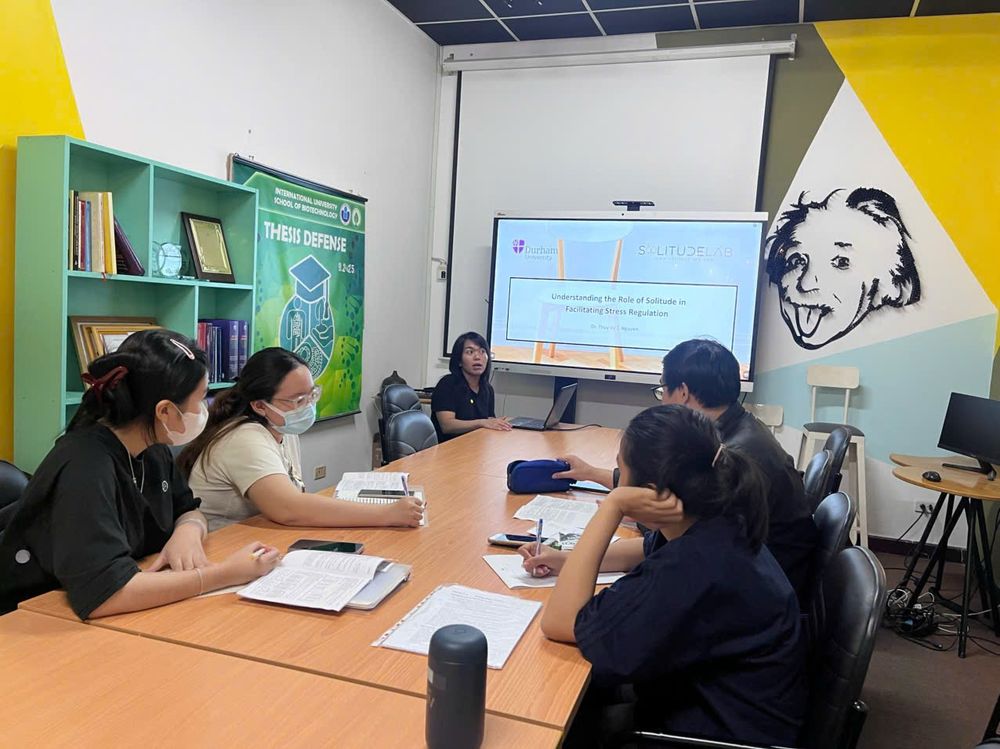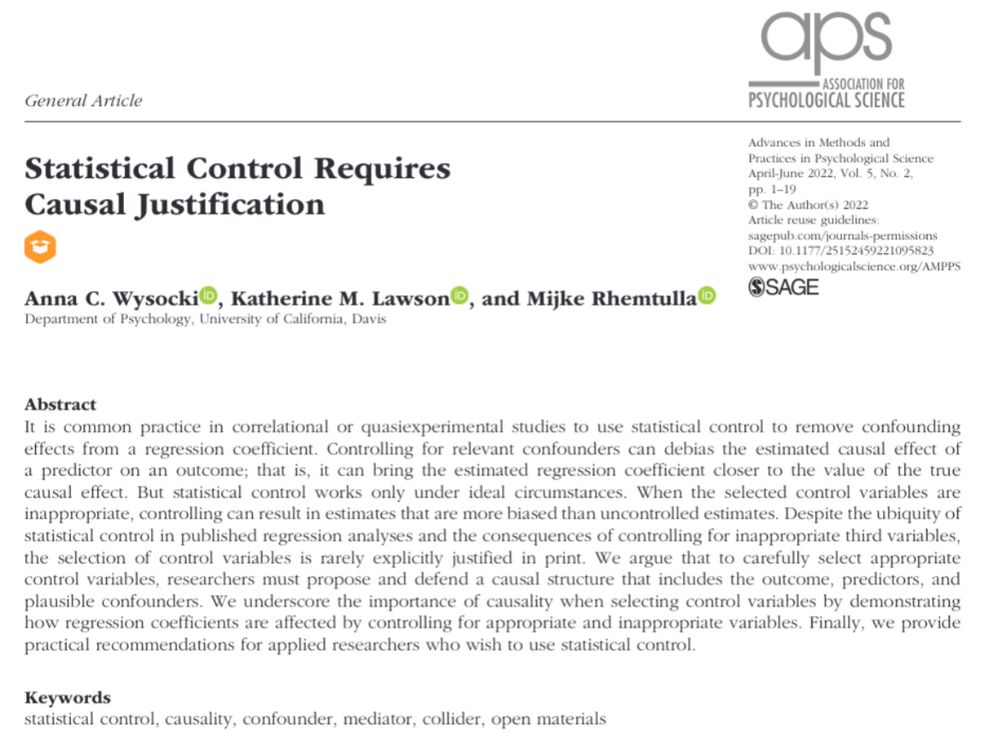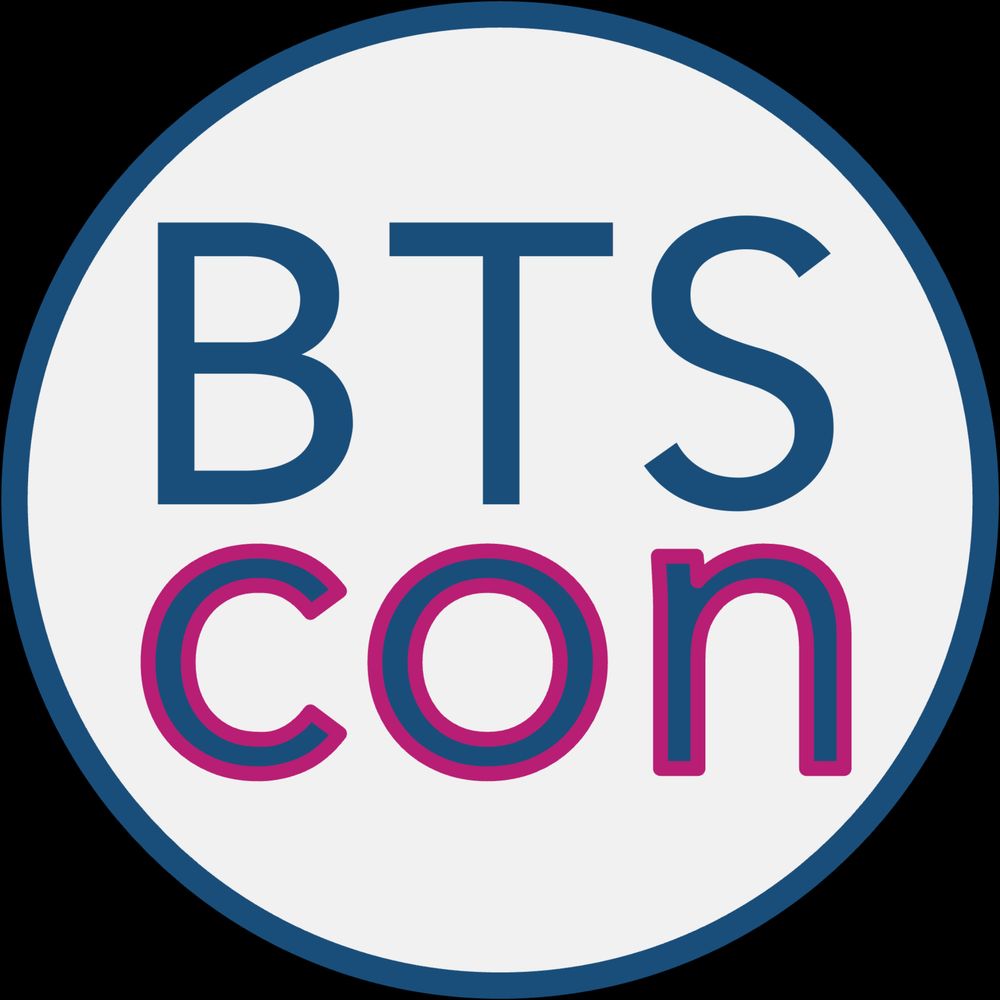Hu Chuan-Peng
@hcp4715.bsky.social
1.3K followers
1.8K following
190 posts
Self cognition | computational modelling | meta-science, open science, diversity| amateur climber. @School of Psychology, Nanjing Normal University
Posts
Media
Videos
Starter Packs
Pinned
Reposted by Hu Chuan-Peng
Reposted by Hu Chuan-Peng
simine vazire
@simine.com
· 20h
Reposted by Hu Chuan-Peng
Reposted by Hu Chuan-Peng
Reposted by Hu Chuan-Peng
Reposted by Hu Chuan-Peng
Reposted by Hu Chuan-Peng
Reposted by Hu Chuan-Peng
Reposted by Hu Chuan-Peng
Reposted by Hu Chuan-Peng
Reposted by Hu Chuan-Peng
Reposted by Hu Chuan-Peng
Reposted by Hu Chuan-Peng
Reposted by Hu Chuan-Peng
Reposted by Hu Chuan-Peng
Reposted by Hu Chuan-Peng
Reposted by Hu Chuan-Peng
Reposted by Hu Chuan-Peng
Reposted by Hu Chuan-Peng
Reposted by Hu Chuan-Peng
Gabriel Stein
@gabestein.com
· 20d

How Can Open Science Practices Increase Trust In Research? | Shorenstein Center
Join representatives from each stage of open science for a frank discussion of how each part of the publishing process must adapt to make sure open science advances not just science itself, but societ...
shorensteincenter.org

























